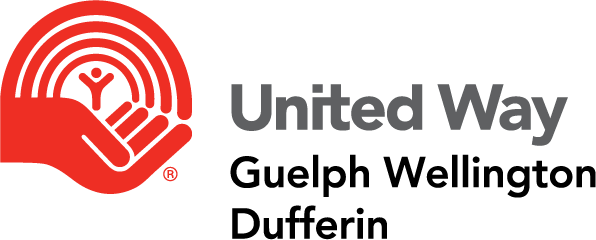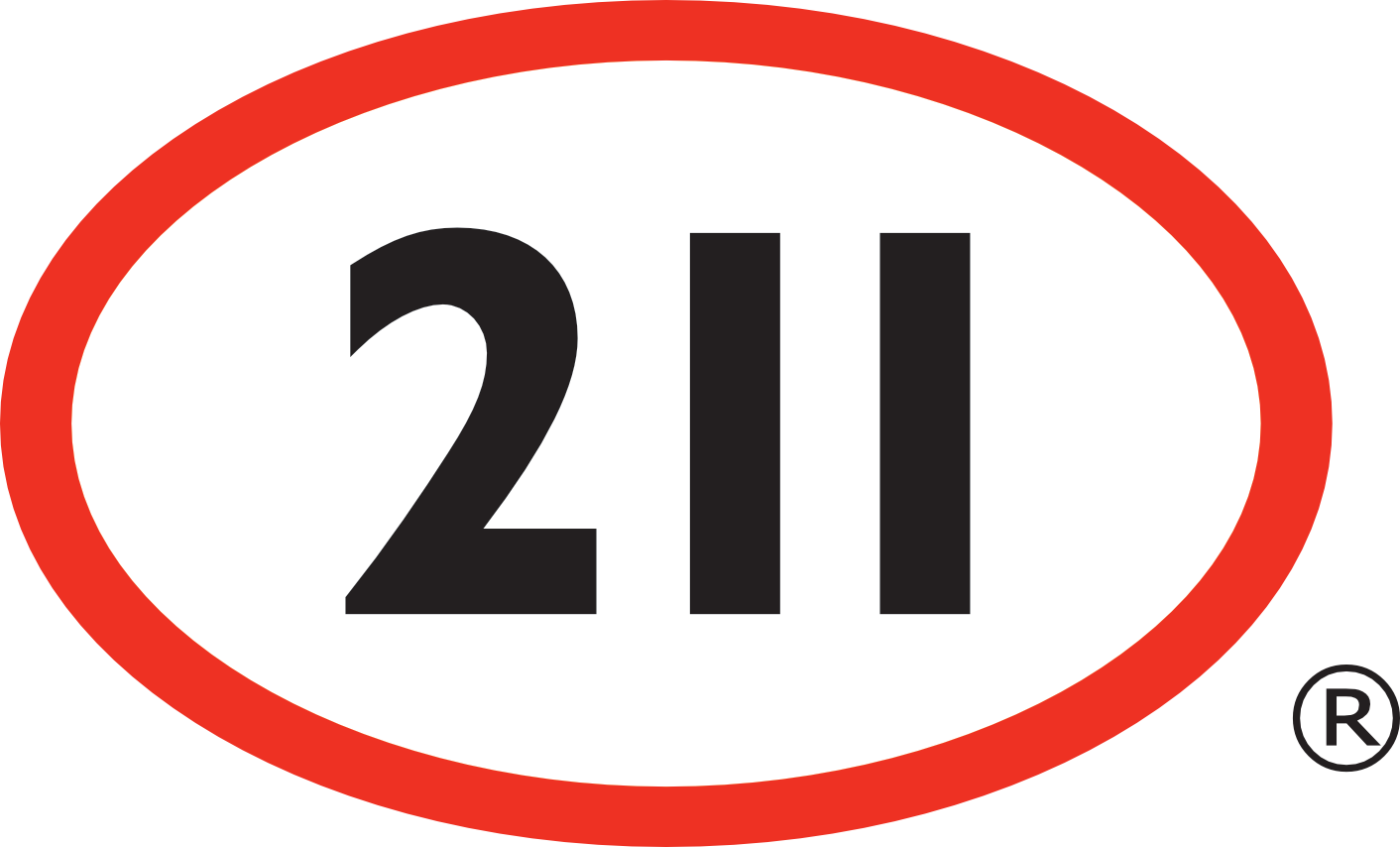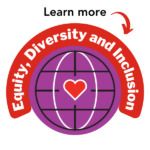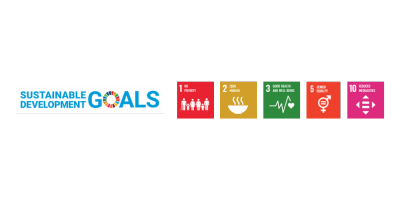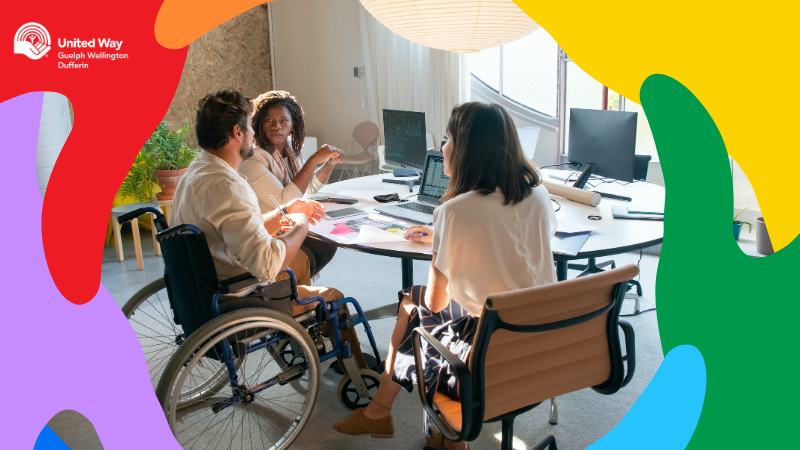
A community where everyone feels seen, heard, understood, and validated, wholeheartedly embraces inclusivity. GenNexters are part of turning this vision into a reality. Ensuring every space is accessible facilitates a world of possibility for all community members. As young leaders, we have the power to influence and inspire a society without barriers that actively embraces accessibility for all.
At our recent GenNext event, Lessons with Local Leaders, we were joined by Mike Greer, Senior Engagement Specialist at the Rick Hansen Foundation. Mike’s impactful calls to action on accessibility in the home, office, and travel, provided a breadth of knowledge and new perspectives.
The exclusion of accessibility in equity, diversity & inclusion discussions is a pressing and often disregarded issue. Inaccessible workplaces and businesses miss the incredible opportunity to inspire a positive difference and the impactful contributions of people with disabilities. Without proper support, people with disabilities face workplace barriers that can prevent equitable opportunities.
The Rick Hansen Foundation, a passionate initiative for accessibility, raises awareness over the isolation of accessibility in EDI conversations (Blissett, 2023). By commissioning a study, they revealed that two in five people with disabilities feel companies failed to provide fair opportunities to hire them (Angus Reid Institute, 2021). In addition, those who face intersecting barriers to equity have even harder paths to finding meaningful employment. In 2017, it was reported that 14.3% of people above the age of 15 living with a disability identify as a visible minority in Canada (Statistics Canada, 2020). Employers must be held accountable for ensuring accessibility, as people with disabilities aged 25 to 64 years old need one or more accommodations (Statistics Canada, 2019).
Accessibility requires a diversified solution, as disabilities affect each person uniquely. Education and awareness are pivotal in encouraging accessibility. There are many ways you can motivate and advocate for the rights of people with disabilities. Being conscious of hidden disabilities equitably ensures inclusivity for all. As young leaders, we can advocate for the inclusion of accessibility in EDI commitments at our workplaces. Also, by supporting and promoting accessible local businesses, you can amplify a powerful message in our community. We are ambassadors of change; it is our shared responsibility to forge an equitable path for generations.
References
Angus Reid Institute. (2021, November 4). Corporate Canada gets mixed report card from Canadians living with disabilities. RHF Post Election ENG (rickhansen.com)
Blissett, R. (2023, May 25). Including Disability in the Diversity, Equity, and Inclusion (DE&I) Conversation with Youth. Rick Hansen Foundation. https://www.rickhansen.com/news-stories/blog/including-disability-diversity-equity-and-inclusion-dei-conversation-youth
Rick Hansen Foundation. (2021). Canada’s Report Card on Disability and Inclusion. Canada’s Report Card on Disability and Inclusion (rickhansen.com)
Statistics Canada (2019). Accommodations for employees with disabilities in Canada, 2019. [Data table] Workplace accommodations for employees with disabilities in Canada, 2017 (statcan.gc.ca)
Statistics Canada (2020). The visible minority population with a disability in Canada: Employment & Education. [Infographic] The Visible Minority Population with a Disability in Canada: Employment and Education (statcan.gc.ca)
United Way is rooted in building strong and inclusive communities. We strive to create opportunities for everyone to reach their full potential. However, many of the issues United Way works to address have a disproportionate impact on black, Indigenous, racialized, 2SLGBTQ2+, people with disabilities, and other marginalized communities. We acknowledge that, due to systemic factors, some members of our community experience barriers to accessing programs, services, and funding. This story comes to you from our Equity, Diversity and Inclusion Impact Area.

